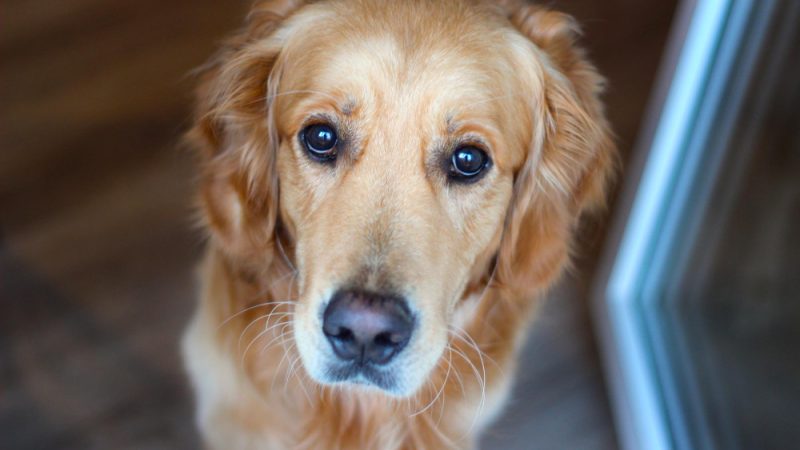Dysplasia in dogs is a hereditary developmental disorder, not an acquired disease. Dogs inherit the recessive (latent) genes responsible for the disorder before birth.
“Pedigree” breeding, incompetent “propagation,” an environment lacking in stimuli compared to the breed and needs of the dog, incorrect feeding, and restricted movement space (kennel, apartment, narrow yard) have led to the rapid and explosive spread of dysplasia in dogs.
Consult a specialist as soon as possible if the dog experiences a locomotor problem during growth or at any stage of its life. If the doctor diagnoses dysplasia, solutions will vary depending on the severity and progress. Ask the examining doctor for more information.
Feeding and exercising the dog correctly, along with the right food supplements, can greatly reduce the chance of developing dysplasia and worsening existing symptoms.
However, preventing dysplasia is one of our most important tasks.






